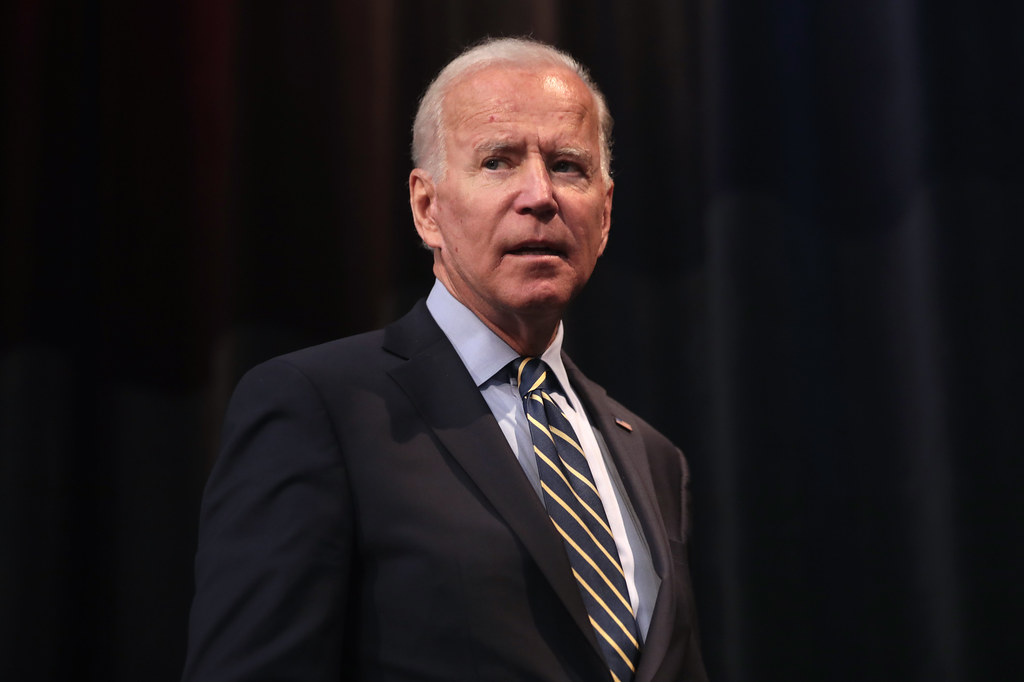Quick Summary
-
Biden's oil/gas leasing ban is dictatorial. Federal lands under the Bureau of Land Mgmt are by Federal law required to be open to energy development, including oil/gas. If Biden disagrees with this he should try to change the law, not put himself above the law.1
-
Consequence 1 of the Biden oil/gas leasing ban: increasing US energy costs. Anything we do to restrict domestic oil production means higher prices due to the increased transportation costs involved in importing oil from other countries.
-
Consequence 2 of the Biden oil/gas leasing ban: decreasing US energy security. Anything we do to restrict domestic oil and gas production means more dependence on foreign countries for energy and more vulnerability to supply shortages.
-
Consequence 3 of the Biden oil/gas leasing ban: destroying US companies. Less US production means more US businesses throughout the oil/gas supply chain going out of business.
-
Consequence 4 of the Biden oil/gas leasing ban: destroying US jobs. Companies that were going to hire or retain workers for new projects on Federal lands can no longer give those workers jobs.2
-
Consequence 5 of the Biden oil/gas leasing ban: discouraging US industry. By sabotaging the plans of businesses who planned to lease lands for oil/gas development, Biden continues to send the message: anything you try to build that involves fossil fuels, I will try to destroy.
-
Consequence 6 of the Biden oil/gas leasing ban: decreasing tax revenue throughout the US. Many states, such as New Mexico and Wyoming, rely heavily on oil/gas leasing to fund their government operations, including schools. Leasing bans destroy that funding in the future.
- The New Mexico Oil and Gas Association says it well: "thousands of New Mexico children, teachers, and first responders...rely on our oil and natural gas industry for basic support...A moratorium all but guarantees that unemployment will rise, state revenue will fall, and our economy will come to halt."3
-
Consequence 7 of the Biden oil/gas leasing ban: increased global emissions. US production of oil and gas is some of the cleanest in the world. Banning it in any part of the US doesn't change growing global oil/gas demand, it means more production in places with higher emissions.4
-
The only moral and practical way to lower global CO2 emissions is to encourage innovation that could make low-carbon energy cheap for everyone. Senselessly sacrificing American is wrong. Learn more about the right policy here: https://energytalkingpoints.com/co2-emissions/
References
- The Bureau of Land Management's mission statement includes sustaining the "productivity of public lands" for "use." The BLM website is clear: "Congress tasked the BLM with a mandate of managing public lands for a variety of uses such as energy development..."
Bureau of Land Management - Our Mission↩ - “Over the next four years, the human cost of fulfilling Biden’s campaign pledge would be an average of 72,818 fewer jobs annually. Lost wages would total $19.6 billion, economic activity would decline $43.8 billion, and tax revenues would drop $10.8 billion by the end of Biden’s first term in Alaska, California, Colorado, Montana, New Mexico, North Dakota, Utah, and Wyoming. By 2040, Gross Domestic Product (GDP) would decline by $670.5 billion and average annual job losses would exceed 351,000 across the West.”
Western Energy Alliance↩ - New Mexico Oil and Gas Association press statement↩
- A 2019 estimate by DOE found that US LNG exports to Europe and Asia have emissions that are equal or lower than emissions from Russian pipeline gas and lower than domestic coal use in importing countries, that emissions are dominated by power plant emissions, not upstream emissions, and dominated by CO2, not methane.
U.S. Department of Energy - LIFE CYCLE GREENHOUSE GAS PERSPECTIVE ON EXPORTING LIQUEFIED NATURAL GAS FROM THE UNITED STATES: 2019 UPDATE↩
